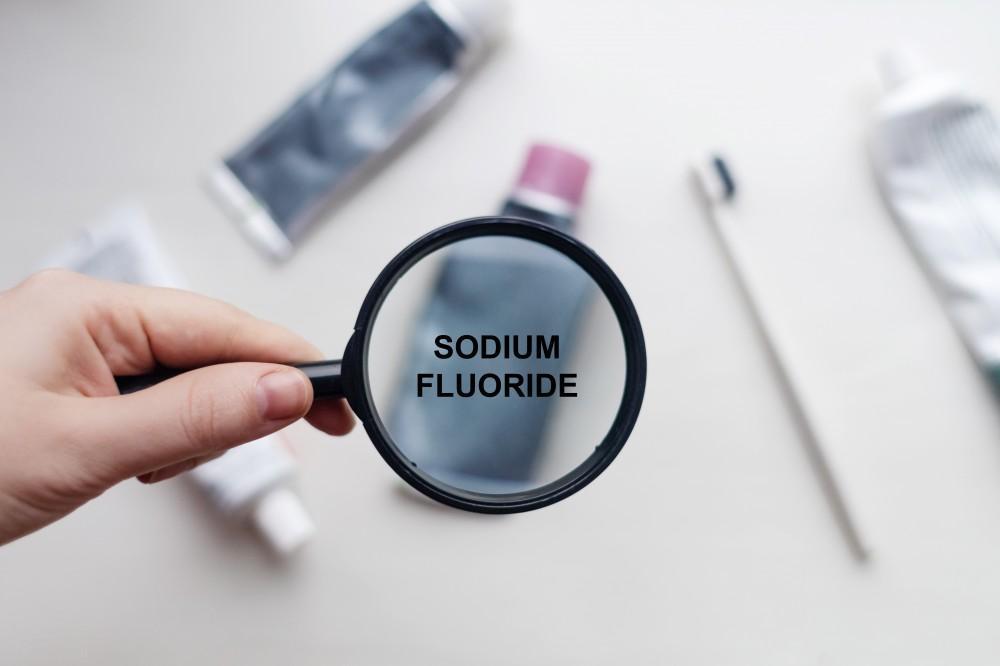
When Is a Toothache an Emergency?

Unfortunately, there’s nothing quite like tooth pain — it becomes all-consuming after only a short time, and you can forget about sleeping.
But if you have a toothache, should it always automatically mean an emergency call to your dentist to be immediately fit into their schedule?
At Expressions in Dentistry, our caring team can help you determine whether your toothache requires immediate treatment or if it’s a non-urgent situation. Fortunately, we specialize in a wide range of dental services, including routine care, cosmetic dentistry, and emergency dentistry.
What types of tooth pain don’t count as urgent?
Many of us have experienced “come and go” tooth pain that we can attribute to either sensitivity connected to eating very hot or cold foods, for example, or because of recent treatment, like having your teeth cosmetically whitened.
The difference with these types of tooth pain is that they’re typically short-lived and not severe, so these wouldn’t be considered emergencies.
Another issue many adolescents and young adults deal with that isn’t necessarily urgent but can be uncomfortable is impacted wisdom teeth. This is when the wisdom teeth (the teeth in the back of your mouth behind the second molars) don't grow in completely, or at all.
This can cause pain, but it’s something your dentist monitors, which is why they often recommend wisdom tooth extraction before any complications, such as infection, occur.
Red flags that mean you need to see a dentist right away
A real red flag that should point you to calling our office is if you have tooth pain that’s severe and persistent, or any sign of infection. These include:
- Intense, throbbing toothache that’s chronic
- Sensitive, enlarged lymph nodes
- Any swelling in your cheek or face
- A bad odor emanating from your mouth
- Impaired chewing or biting down
- Great sensitivity to hot and cold things
- Fever
If your Expressions in Dentistry provider has diagnosed you with gum disease, this raises your risk for infection, and so does experiencing any type of tooth injury, such as cracks, chips, or cavities.
One specific danger of dental infection is that it can lead to an abscess, or a pocket of pus that must be drained, after which your dentist treats you to eradicate the infection.
One important but no-fuss way you can avoid severe toothache and an emergency trip to see us is by keeping up with your regular dental care, which means visiting our office twice yearly for an exam and professional cleaning.
It’s also critical for you to do your part at home, which means brushing twice per day and flossing daily.
Another dental situation that isn’t in any way ambiguous as to its emergency status is a catastrophic tooth injury, like loosening or losing a tooth through a car accident or sports injury, for instance.
If you knock out a tooth, it’s vital to follow some protocols before seeking emergency care:
- Retrieve the tooth, but only touch its crown, never the root
- Attempt to place the tooth back in its socket
- If that’s unsuccessful, tuck your tooth under your tongue, as it must stay moist
After doing these things, call our number to secure an emergency appointment or head to the ER, as this situation is serious.
The Expressions in Dentistry team is here for you in good times and bad, and that includes unforeseen emergencies. We want to rid you of dental pain as quickly and safely as possible, so you can go back to enjoying life again.
If you have any type of tooth pain, contact our Folsom office at 916-983-6767 to schedule an appointment, or feel free to use our online booking tool for less urgent appointments.
You Might Also Enjoy...

Why Are My Teeth Turning Yellow With Good Dental Hygiene?

Will I Need a Crown After My Root Canal Treatment?

Got Gingivitis? Take These Early Steps to Reverse Gum Disease

All About Fluoride: Common Myths — and Facts — About “Nature’s Cavity Fighter”

